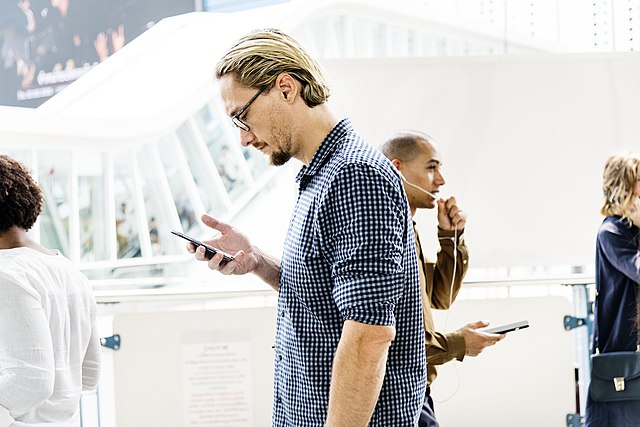The British economist John Kay made a powerful argument in his 2011 book Obliquity: Why our goals are best achieved indirectly that the best way to achieve any complex of broadly defined goal is indirectly through a gradual process of risk taking and discovery. Means help us to discover ends, and thus our journeys through life are an integral part of our destinations. We see this in our ordinary lives all the time as chance encounters, casual conversations, and even moments of solitude often lead to deep insights and opportunities which fundamentally reorder our lives. As Special Agent Dale Cooper once explained, “Fellas, coincidence and fate figure largely in our lives.”
Josh Hawley, Republican Senator from Missouri, has made the case that social media companies and their products are inherently destructive to society, culture, and individual lives. He linked social media usage to increased rates of teen suicide and depression, decreased economic productivity, and polarizing our political discourse. His thesis is that obliquity works both ways, that our culture’s unraveling was achieved indirectly, through tweets and ‘likes’.
I am sympathetic to both Kay and Hawley’s arguments, that the mundane and tangential often have large unintended consequences, but think our duties, choices, and plans play an equally important role. As the Spanish philosopher José Maria Ortega y Gasset once observed, “I am I and my circumstance.”
In a world without social media we would still face social problems and our politics would still often be contentious. In Comment Magazine Kevin den Dulk, the Paul B. Henry Chair of Political Science at Calvin College, provides a helpful balance of perspective discussing why a similarly singular focus on ‘social trust’ as the cause of our political discord can be misleading:
What does this have to do with reviving trust in liberal democracy? Even though social and political trust interrelate, the effect of one on the other is not as clear as civil-society-as-hero narratives can sometimes suggest. Civil society can breed social trust, to be sure, and sometimes it can even foster trust that bridges across lines of difference, but social trust does not necessarily affect levels of trust in government or in fellow citizens (in contrast to co-parishioners, family members, co-workers, friends). I might trust my neighbours or co-religionists yet see government as hopelessly corrupt or non-responsive. I might also trust my neighbours and co-religionists in those roles—as dinner mates, carpool drivers, investment advisors, maybe even spiritual mentors—but find them incompetent or even morally dubious as citizens. These are hypotheticals, but in fact the empirical evidence that social trust breeds trust in government is largely non-existent. Some studies even suggest the influence might flow more clearly in the other direction: Political trust—confidence in the reliability, openness, responsiveness, and fairness of government— often acts as a precondition for social trust, not the other way around.
We often think that we can discern and isolate an oblique cause tangentially related to a problem and then we fixate upon it. When all you have is a hammer everything starts looking like a nail. There is a temptation to neglect our own duties in every sphere of life as family members, neighbors, friends, believers, and citizens. Our problems, like our very selves, are both within us and our circumstances.
Both the breakdown of social trust and the addictive properties of social media are real, affecting our lives and institutions in profound ways, but “fixing” these problems will not cure what ails us personally, politically, and economically. That requires hard work in those particular domains and institutions. The challenge and opportunity of work in all areas of life is that, as Lester DeKoster observed, “Work is the great equalizer—everyone has to come to it in order to find meaning in living: no short cuts, no detours, no bargain rate.”

